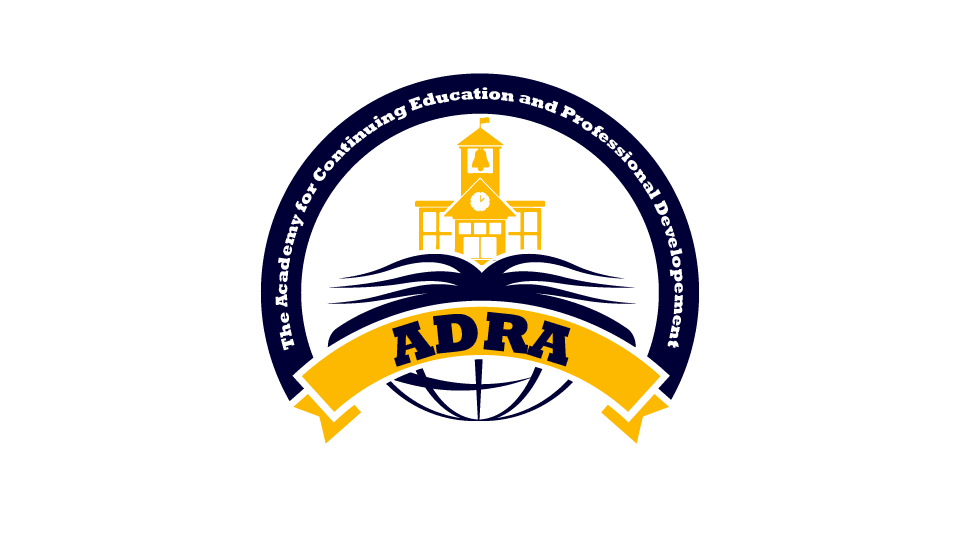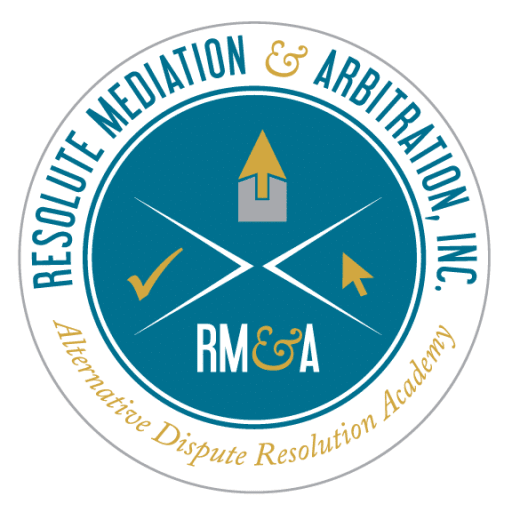Short Course Description
This Workplace Conflict Dispute Resolution and Mediation (3CEU, 30 Clock hours) course is a comprehensive program designed to equip participants with the knowledge and skills necessary for resolving workplace conflicts using alternative dispute resolution techniques. The course focuses on non-adversarial approaches, emphasizing the principles of Alternative Dispute Resolution (ADR) for more constructive and mutually beneficial outcomes.
This practical and well-structured course, taught by experienced professionals, offers valuable insights and hands-on experiences for effective conflict resolution in the workplace. Take advantage of the one-week pre-course access to prepare for an enriching learning journey.
Participants engage in hands-on experiences such as drafting a basic mediation agreement and participating in practical exercises and role plays. These simulations allow participants to apply their knowledge in real-world scenarios, facilitating a deeper understanding and skill development in a supportive learning environment.
The involvement of certified and practicing mediator/instructors adds credibility and expertise to the course. Participants benefit from their professional knowledge, gaining valuable insights and examples that enhance their understanding of conflict dispute resolution and mediation.
Upon successful completion of the course, participants receive a Certificate of Completion accredited by the International Association for Continuing Education and Training (IACET). This certification further validates the course's quality and may be advantageous for individuals seeking professional recognition or advancement in the field.
Led by certified and practicing mediator/instructors, the course features a thoughtfully designed curriculum that covers essential concepts and techniques in conflict dispute resolution and mediation. The selected course material ensures relevance and quality, providing a solid foundation for learning.
Session 1. Chapter One- Introduction to Alternative Dispute Resolution. The first chapter introduces ADR historically and thematically and then explores the nature of disputes. The chapter concludes with a review of the benefits and drawbacks of ADR.
Session 2. Chapter Two- Negotiations in Dispute Resolution
Session 3. Mediation, Mediation Law and Policy. Here students. The role of mediator is emphasized with main topics mediator qualifications, training and standards of conduct are covered extensively, with a look at the Model Standards of Conduct for Mediators. Mediation Law and Policy.
Session 4. Mediation in the Workplace. Students will focus on conflict in the workplace among peers and supervisors with emphasis on transformative mediation approach and style. Special emphasis is placed on the various aspects of the disputing parties perception in a diverse workplace, the Grievance /REDRESS Program, and suitability for mediation. Additionally, emphasis is placed on the relationship between management and workers, the exercise power and its unintended consequences leading to Workplace Mediation.
Session 5. Drafting the Mediation Agreement. The purpose of this session is to introduce students to various forms of mediation agreement and discussions. The mediator in most situation assist the parties with memorializing oral agreement in writing during conferencing. Therefore, it is imperative that a mediator have a working knowledge of basic elements that should be considered in an agreement.
Session 6. Practical Exercises. Overview and virtual mock mediation - The course concludes with the students performing online mediation critiqued by experience mediators or instructor(s). Students must successfully demonstrate Knowledge of the stages of mediation, apply the ethical issues related to mediation, particularly as it relates to confidentiality, self-determination, and voluntary participation and record any agreed terms as discussed during this intense course.


